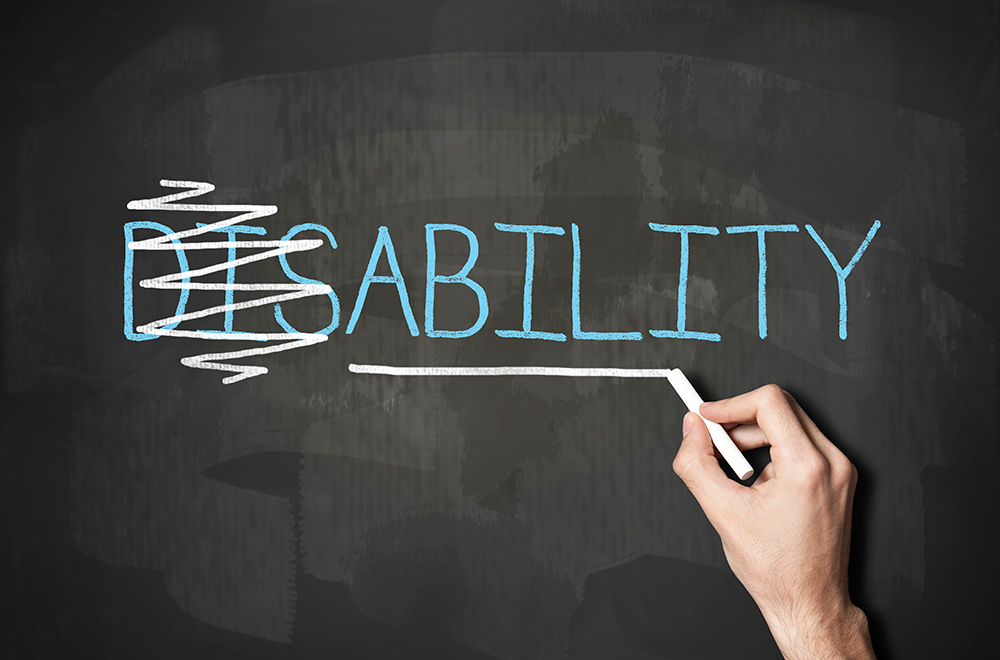A Royal Commission report found that while many governments, businesses, NFPs and community organisations have policies or programs that support the inclusion of people with disability and from culturally and linguistically diverse backgrounds, these programs are not integrated with each other or with other initiatives, are often not properly implemented, adequately monitored or evaluated.
For services to be ‘good practice’ it should occur at three levels:
- The Australian Government to provide information in different languages
- Organisations should have people with disability from culturally and linguistically diverse backgrounds on boards and employ people from diverse backgrounds, and
- Staff working to service these people’s needs should learn how to work with interpreters and with people from different backgrounds.
Also that ‘good practice’ involve three key elements:
- An understanding of and engagement with intersecting experiences of people with disability from culturally and linguistically diverse backgrounds
- Involvement of people with disability from culturally and linguistically diverse backgrounds at all stages of developing, implementing and managing services, and
- Continuous monitoring and improvement to adjust systems so they can respond to the needs of people with disability from culturally and linguistically diverse backgrounds.
The report, Towards best-practice access to services for culturally and linguistically diverse people with disability, was written by University of New South Wales researchers and National Ethnic Disability Alliance.

